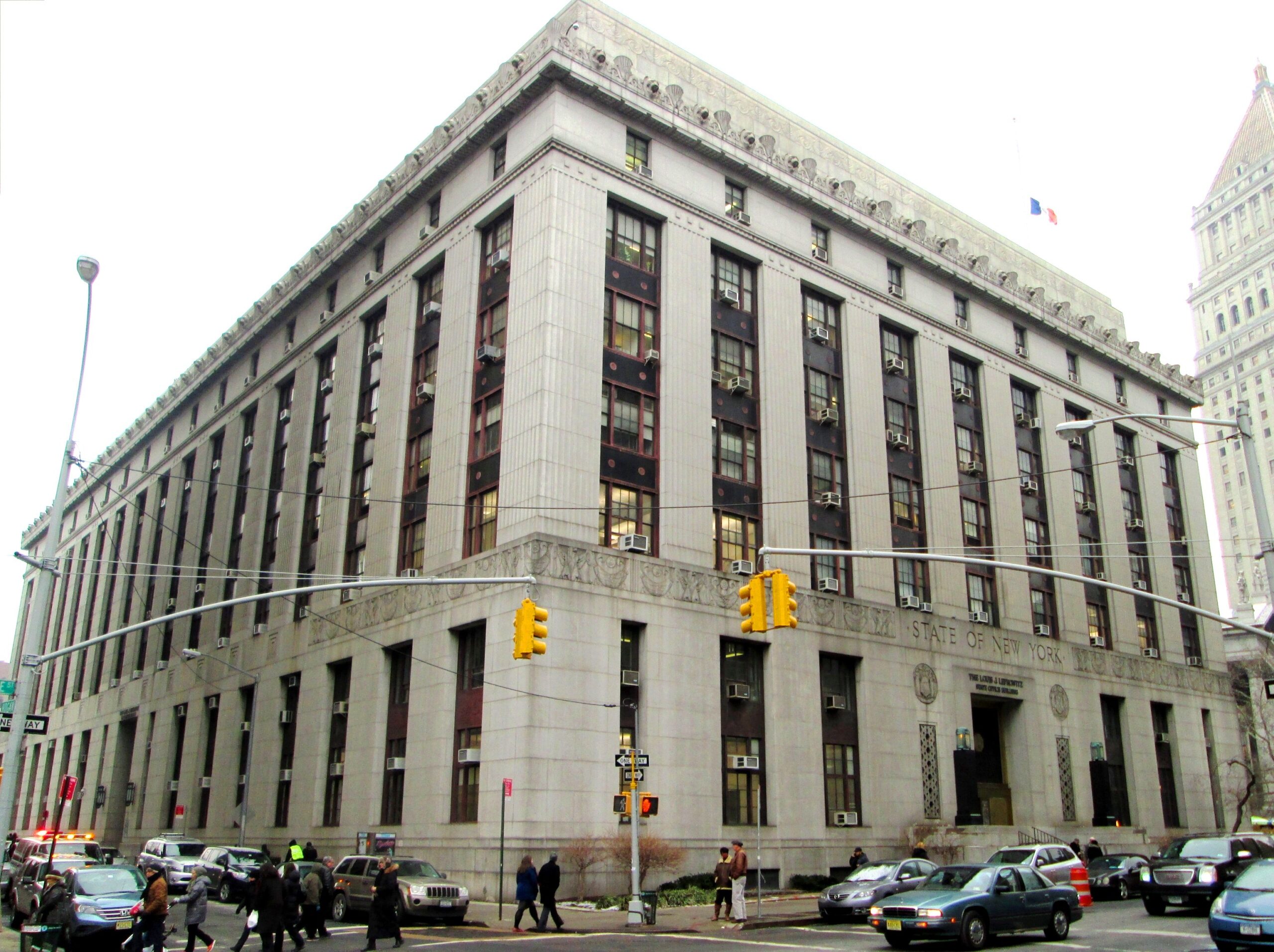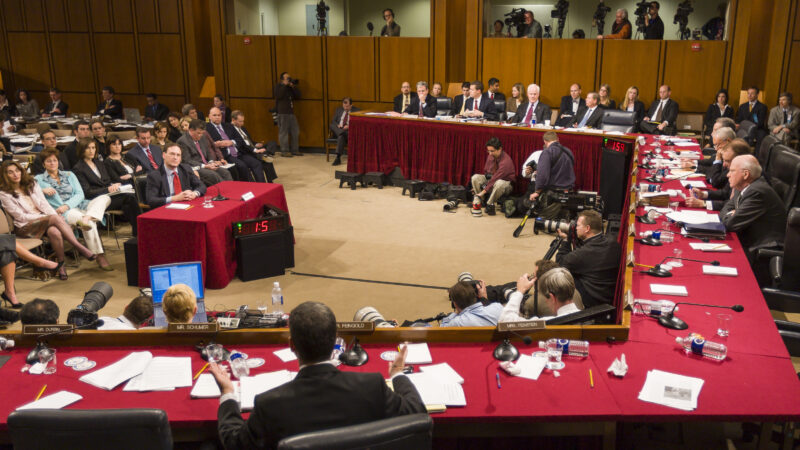Kristy Parker is Special Counsel at Protect Democracy. She leads litigation to secure accountability for abuses of executive power and interference with government functions, and leads advocacy to reform the Department of Justice and protect its independence from politicization.
The right questions to ask about the Trump prosecution
- March 22, 2023

Donald Trump is the first president in American history to face criminal charges. While prosecutions of former heads of state do occur across other advanced democracies, for the United States this is generally new territory.
So how should the public at large weigh this indictment (and any other future indictments)? It’s simple — through the same questions that any prosecutor must consider when evaluating a case.
Questions the prosecution should considerQuestions the prosecution should consider:
- Based on the evidence, is there probable cause to believe a crime was committed?
- Based on the standard criteria for the exercise of prosecutorial discretion, would anyone else be indicted on similar facts?
Ultimately, a prosecutor’s job is to consider the facts and the law and treat like cases alike — and not to consider political repercussions or the political status of the defendant. For voters, that means the most important question to be asked about any indictment is whether the prosecution appears to be doing that.
Questions the prosecution should not considerQuestions the prosecution should not consider:
- What might the political consequences be of bringing this indictment?
- Will this indictment lead to violence or other forms of retaliation?
- Is this charge significant enough to warrant bringing it against a former president?
- Is this the right charge to bring as the first charge to bring against a former president?
The problem with these questions is that they all suggest, in one way or another, that a former president should be treated differently as a criminal suspect and potential defendant than any other American. But that notion is anathema to our system of government, which is rooted in the idea of equal justice for all and that no one is above the law. While it is understandable that those questions are on people’s minds, should the answers to them in any way inform the decisions of our justice system, we would undermine those foundational principles. For that reason, focusing on them risks corrupting the proper analysis.
Questions that should be asked about the defendantQuestions that should be asked about the defendant:
- Is he defending himself against the charges by using the legal process?
- Is he attacking the process itself or asking supporters to attack and intimidate participants in the process?
Every person accused of a crime is presumed innocent until proven guilty and has the right to use all lawful means at their disposal to defend themselves within the confines of the criminal justice system. But it is not appropriate for anyone to use extra-legal means to defend themselves.
Accountability is essential to preventing our democracy from further declineAccountability is essential to preventing our democracy from further decline
The potential for further dividing the country and politicizing the justice system by prosecuting a former president are legitimate concerns. But history and studies of democratic decline have shown that the risks of not holding powerful actors accountable may be greater – by eroding respect for the rule of law and making it more likely future bad actors will be emboldened.
REPORT: Towards Non-Recurrence — Accountability Options for Trump-Era Transgressions REPORT: Towards Non-Recurrence
Prosecuting former chief executives is not unprecedented in the United States
While it is true that prosecuting a former president would be a first in the U.S., and that doing so carries risks, the way the U.S. typically reduces risks for actions at the national level is by gauging experience with those actions in the states – what Louis Brandeis called “the laboratories of democracy.” And states have long prosecuted former chief executives without the sky falling (as we argue in The Atlantic). In those cases, prosecutions typically have divided electorates along partisan lines and been met with similar concerns to many of those raised in the current context. But often as the legal process itself plays out, it tempers those passions and brings greater truth and clarity even in hyper-partisan circumstances.
READ: More than 1,000 DOJ Alumni Explain Ongoing Investigations of Trump Should Not Be Deterred by His Presidential Candidacy READ: More than 1,000 DOJ Alumni Explain Ongoing Investigations of Trump Should Not Be Deterred by His Presidential Candidacy
Neither a former president nor a current candidate is above the law
The fact that an indictment of a former president is “unprecedented” underscores the important distinction that “unprecedented” doesn’t mean “improper,” and that there is no constitutional principle, law, or policy that holds a former president or current candidate above the law. Trump’s actions must be evaluated based on the facts and the law.
Legally he must be treated the same as any other person credibly accused of a crime.
Related Content
Current United States Authoritarian Threat Index score: 3.3/5 Severe Threat •
-
Executive Constraints 3.8/5 • Severe Threat
Join Us.
Building a stronger, more resilient democracy is possible, but we can’t do it alone. Become part of the fight today.
Donate
Sign Up for Updates Sign Up for Updates
Explore Careers Explore Careers
How to Protect Democracy How to Protect Democracy



